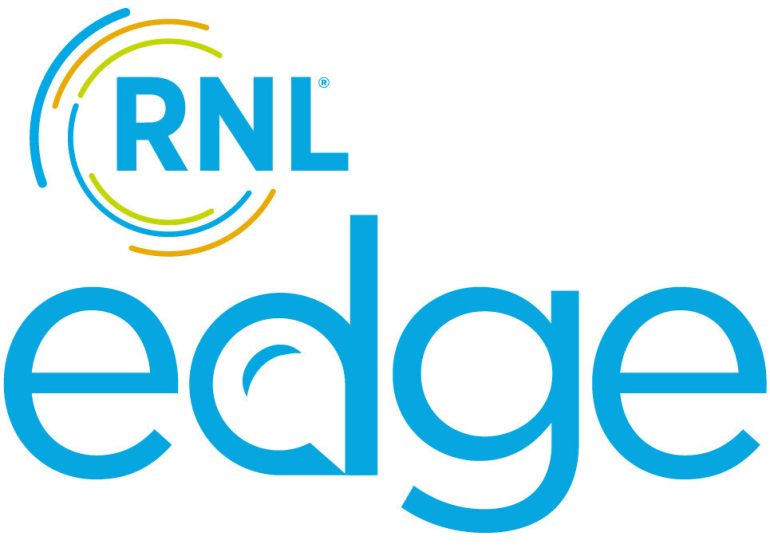- RNL introduces RNL Edge, an AI-driven suite tailored for higher education institutions.
- The suite includes RNL Compass, RNL Insights, and RNL Answers, providing comprehensive support for enrollment growth and fundraising efforts.
- RNL Edge ensures seamless integration with existing CRM systems and offers intuitive, conversational interactions for users.
- Institutions gain access to real-time insights and actionable intelligence, empowering informed decision-making.
- RNL prioritizes responsible AI governance, aligning with consumer data protection laws and intellectual property standards.
Main AI News:
In a bid to empower higher education institutions with cutting-edge AI solutions, RNL introduces RNL Edge, a comprehensive suite meticulously tailored by experts in AI and higher education. Designed to address the unique challenges faced by colleges and universities, RNL Edge offers fully managed tools that leverage institutional data to drive enrollment growth and fundraising efforts effectively.
“RNL Edge epitomizes our commitment to integrating advanced AI seamlessly into higher education services, while retaining the essence of personalized interaction that defines the college journey,” remarked Bill McHale, President and CEO of RNL. “By harnessing RNL Edge, prospective students and donors can access information more swiftly than ever before, empowering enrollment and advancement departments with real-time insights for informed decision-making.”
The RNL Edge suite comprises three secure SaaS solutions deployed on public cloud platforms:
- RNL Compass: This digital assistant integrates seamlessly with an institution’s CRM system and website, offering 24/7 support to students, parents, alumni, and donors. Unlike traditional chatbots, RNL Compass engages in intuitive and conversational interactions, facilitating event registrations, providing application status updates, and guiding users through various processes with ease.
- RNL Insights: An intuitive data board and conversational tool, RNL Insights enables dynamic interactions with institutional data sources such as CRM tools and Student Information Systems (SIS). From analyzing enrollment trends to predicting future outcomes, every query yields immediate insights presented through visually appealing reports, empowering institutions with actionable intelligence.
- RNL Answers: Serving as an internal copilot, RNL Answers combines institutional data with RNL’s AI models to deliver instant answers, data evaluation, and actionable insights. Whether aiding strategic planning or automating administrative tasks, RNL Answers provides a fully managed solution adaptable to diverse institutional needs.
As higher education embraces AI, RNL Edge sets the standard for ethical and responsible AI adoption. Guided by principles from the National Institute of Standards and Technology (NIST), RNL ensures that consumer data protection laws and intellectual property rights are upheld, providing institutions with confidence in AI implementation.
“While AI presents unprecedented opportunities for personalized engagement and data analysis in higher education, concerns about ethical implications persist,” noted Dr. Stephen Drew, Chief AI Officer at RNL. “RNL Edge addresses these concerns through a robust strategic framework and a commitment to responsible AI governance, empowering universities to embrace AI with confidence.”
RNL Edge not only equips institutions with innovative AI solutions but also fosters a culture of responsible AI usage, paving the way for a transformative era in higher education.
Conclusion:
RNL’s introduction of RNL Edge signifies a significant advancement in AI adoption within the higher education market. By providing tailored solutions that prioritize ethical and responsible AI usage, RNL is poised to lead the industry in transforming the college experience and driving institutional growth. This move underscores the increasing importance of AI-driven technologies in shaping the future of higher education.

